Science and research
Nature is complicated and we will never know it all
But we know that to best look after something, we need to first understand what it is and how it works. That’s why our conservation approach is based on best-practice science.
Research is an important part of environmental management. It provides objective, reliable information to underpin and support sound decision making. Our staff undertake research programs in partnership with many different organisations, enabling us to deal with uncertainty or knowledge gaps; understand how ecosystems, communities and species function; and understand and refine management programs
We undertake research projects under these priority themes:
- Improving management effectiveness
- Decision-support - priority setting and resource allocation
- Ecosystems and species
- Ecosystem restoration and conservation
- Managing invasive species
- Over-abundant native animals
- Fire ecology
- Urban biodiversity
- Environmental impacts of visitors
- Inventory
- Climate change
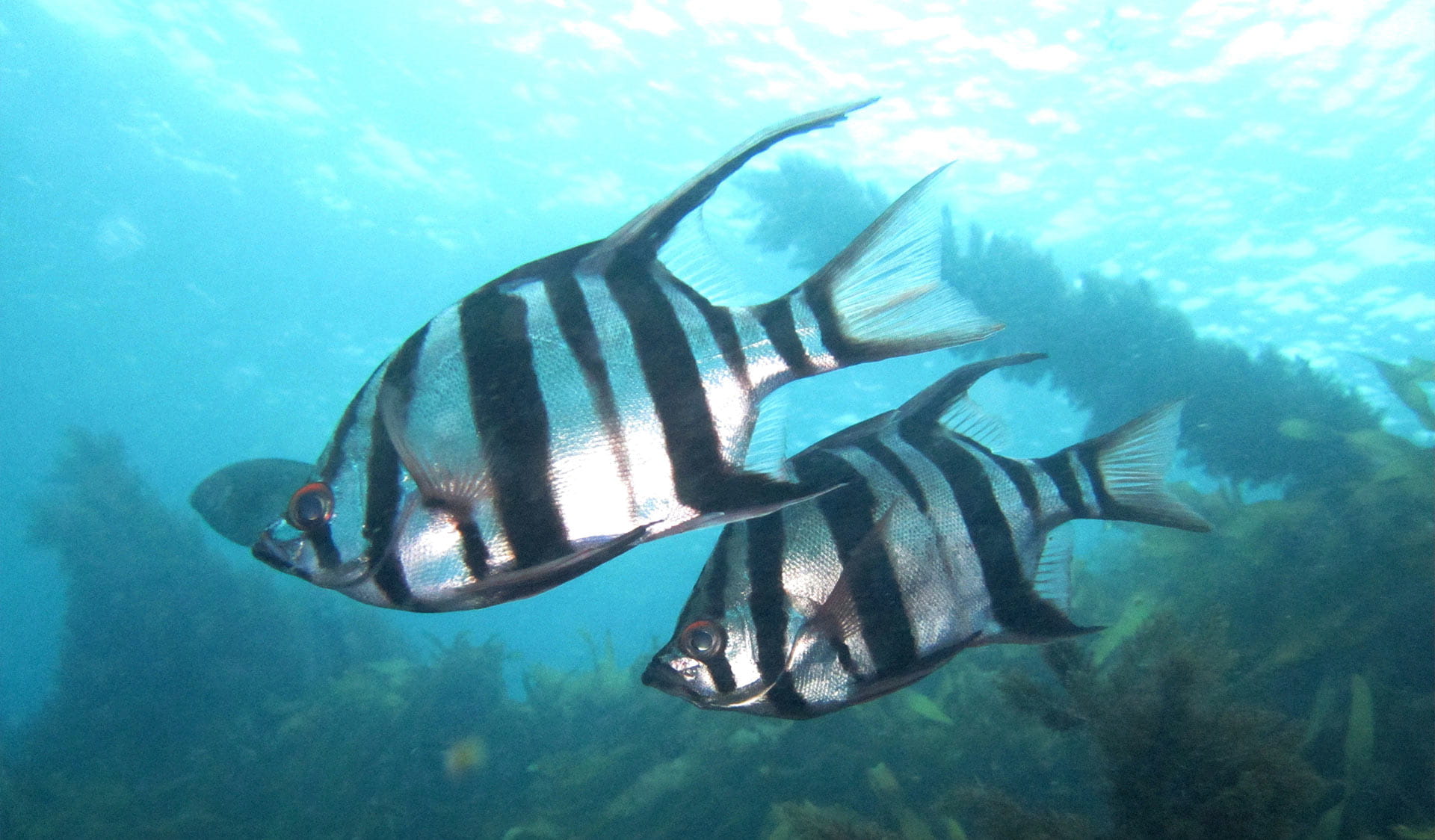
The marine research program provides information on natural values and threatening processes within Marine Protected Areas (MPAs).
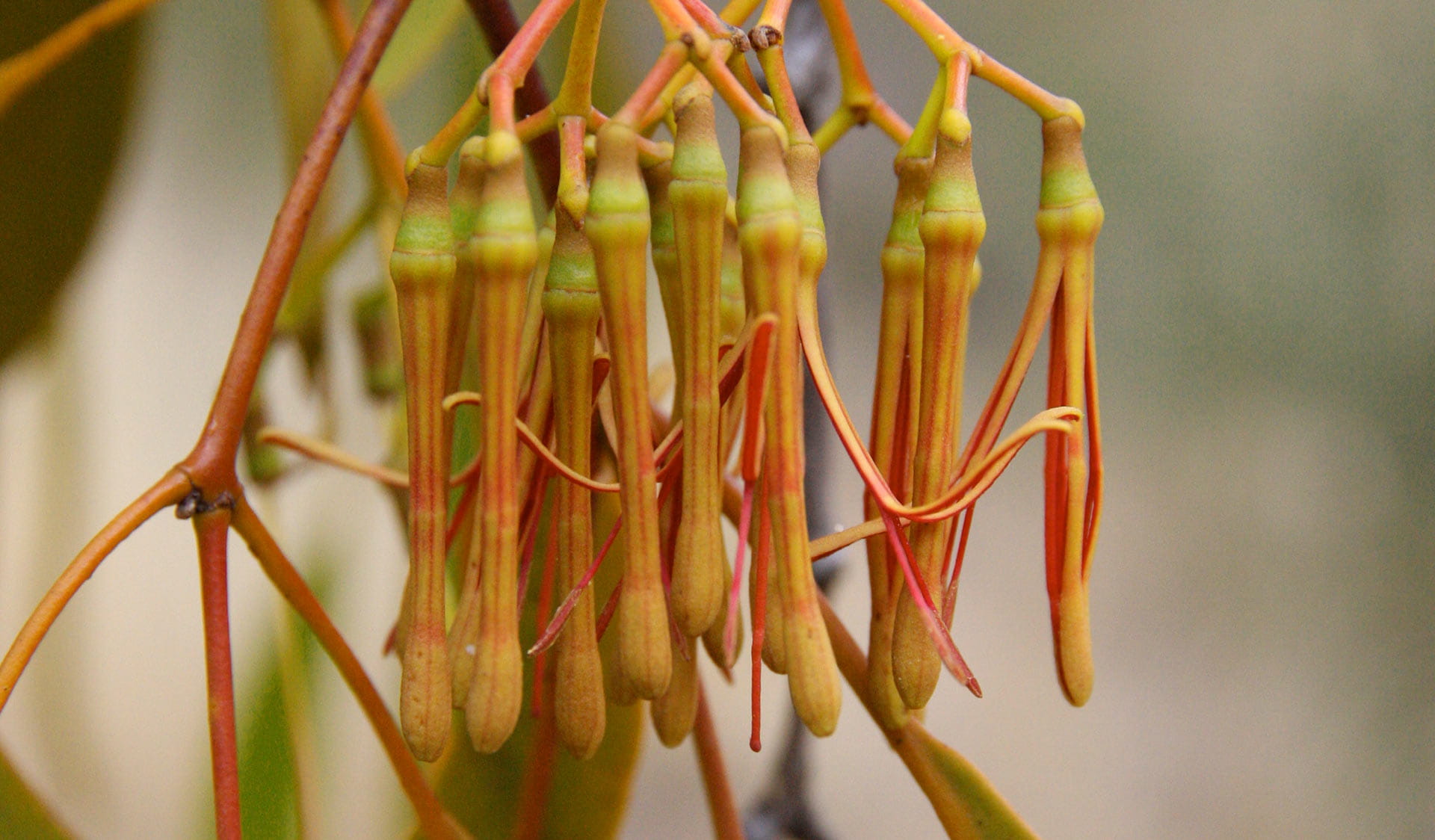
Research Activity Access Agreements
Parks Victoria supports universities, other research institutions and individuals to do research in parks, reserves, ports, waterways and on piers.
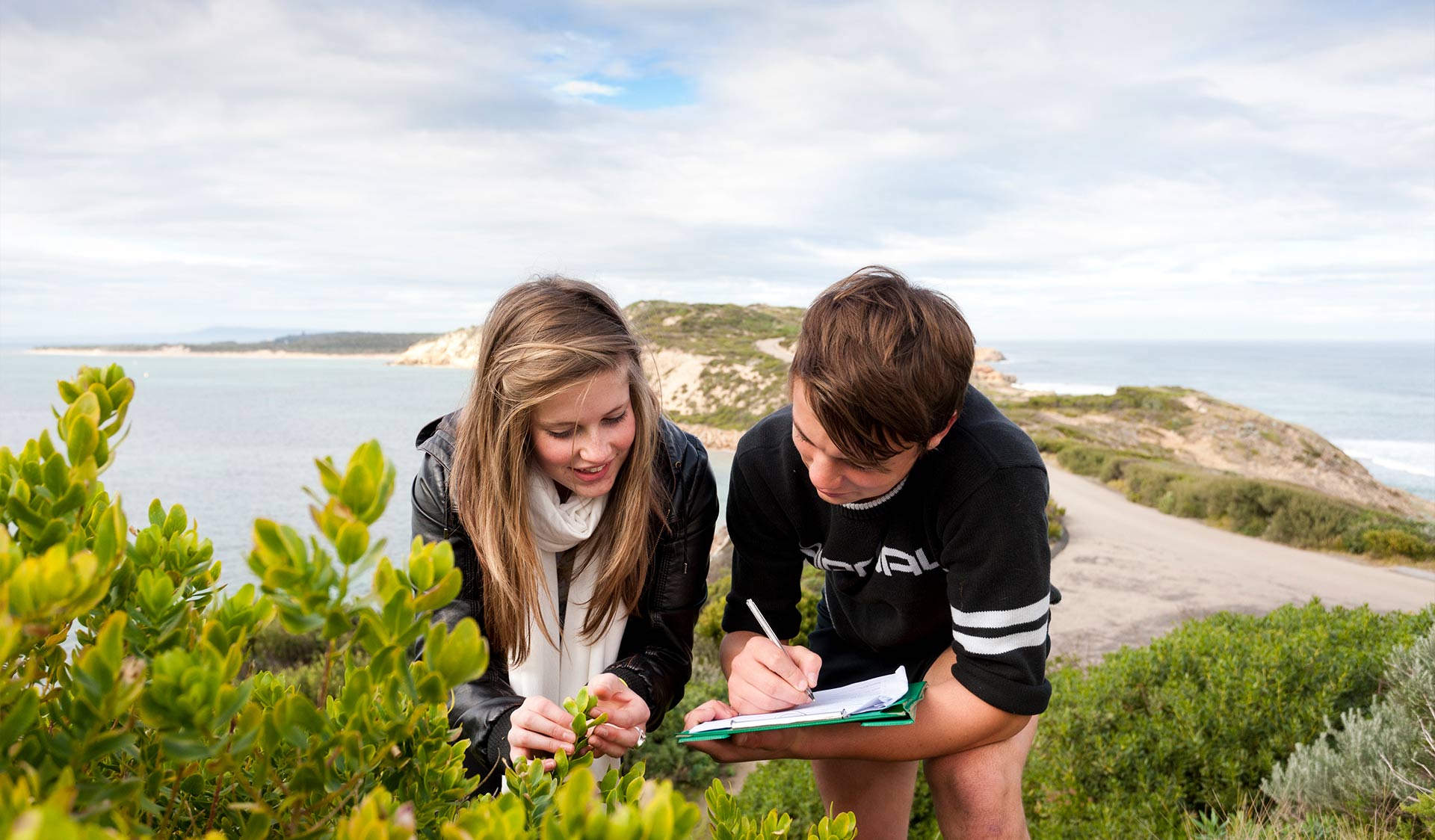
Anyone can get involved in understanding and supporting our environment through citizen science programs.
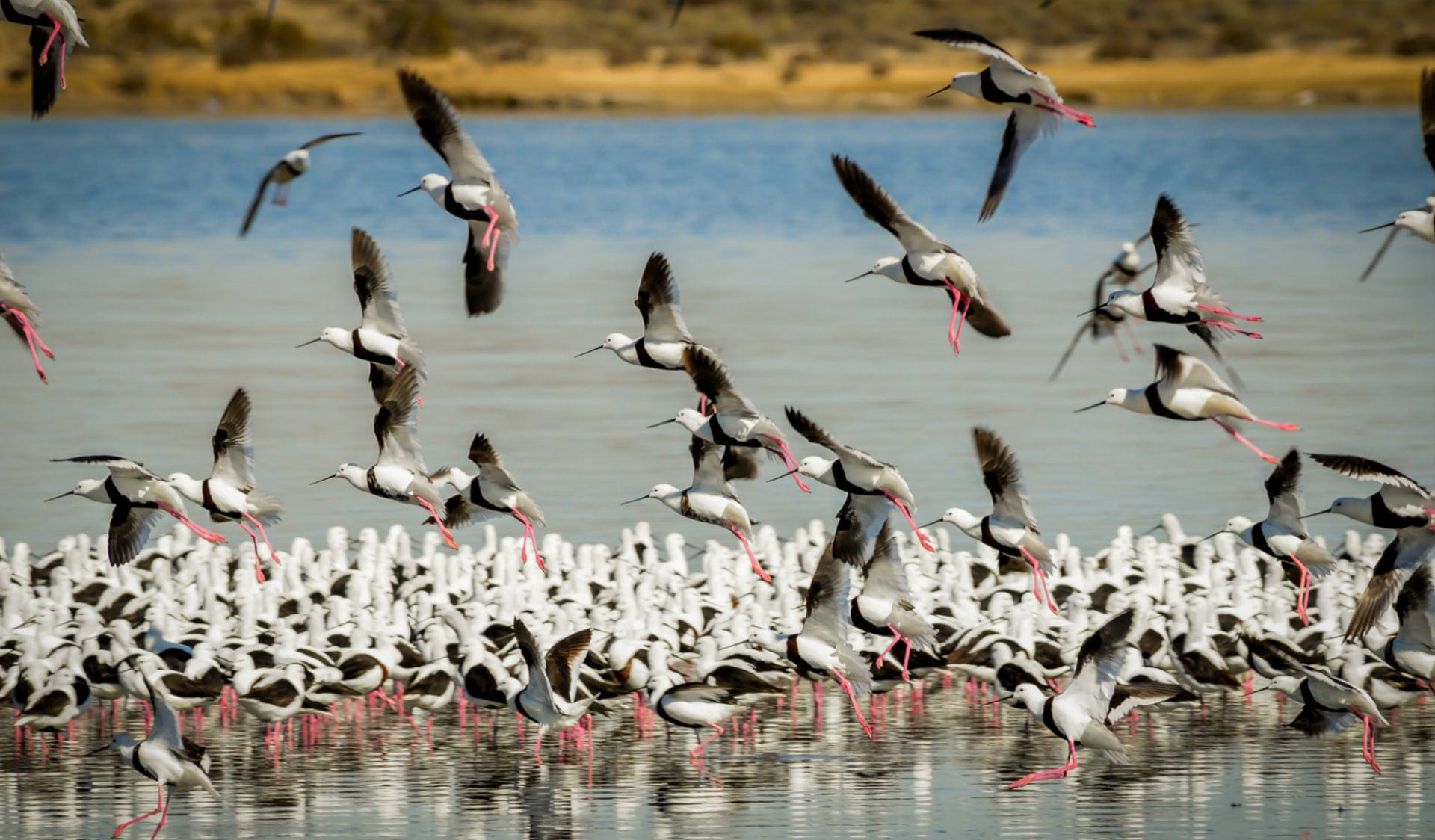
The Research Partners Program (RPP) is a collaborative partnership involving Parks Victoria, universities and other research institutions to improve park management and ecological understanding by undertaking applied research.
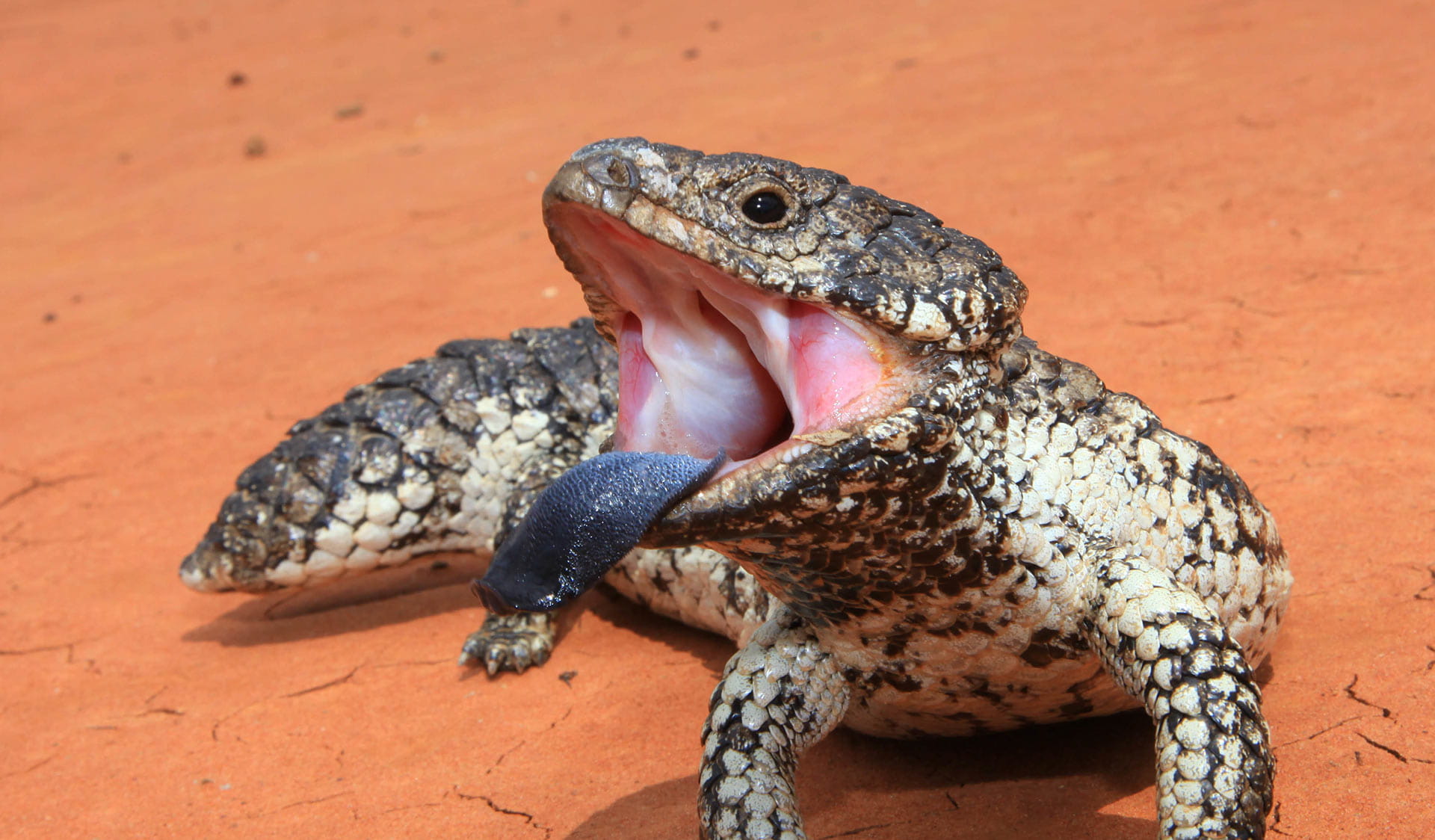
Signs of Healthy Parks (SHP) provides a framework for systematic and integrated ecological monitoring of the health of the state’s ecosystems.
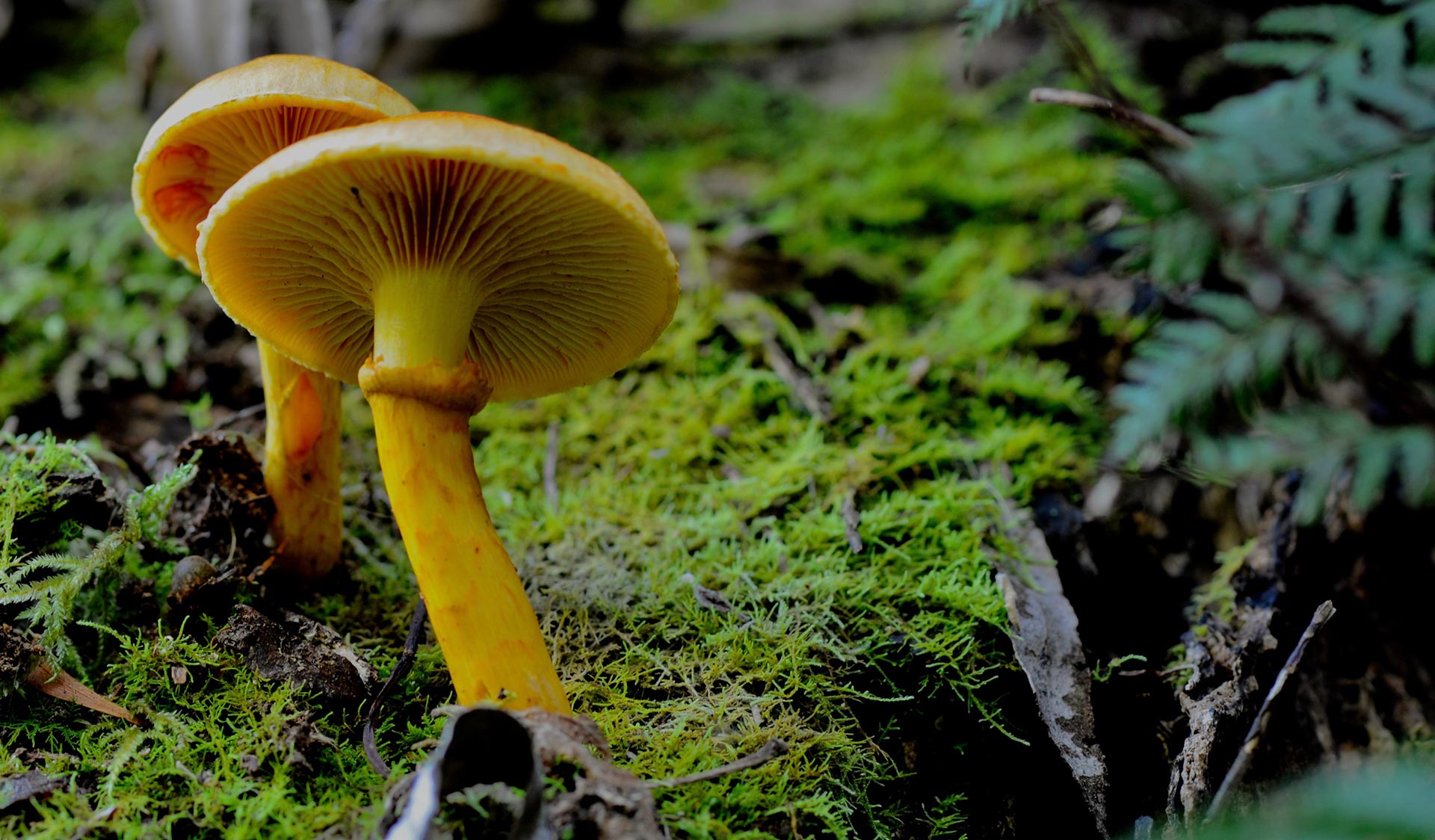
Parks Victoria evaluates the effectiveness of our park management activities in parks across the state through our State of the Parks (SoP) program.

